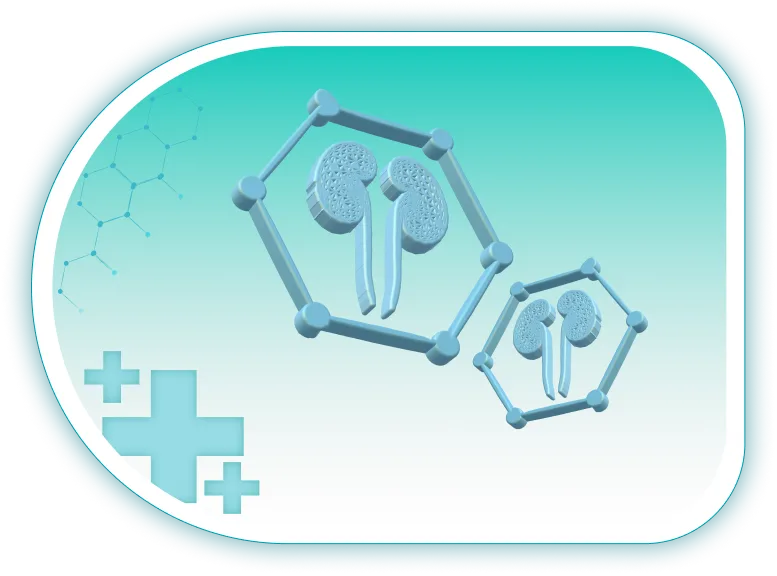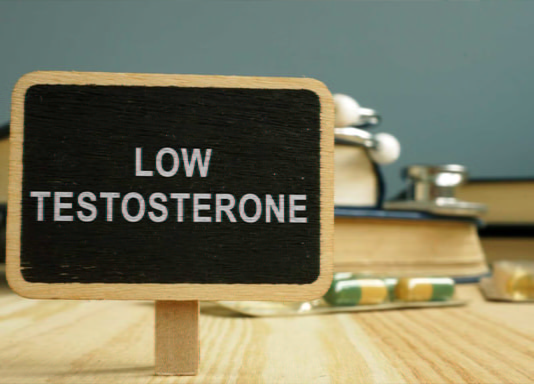Urinary tract obstruction causes by a variety of factors that impede the normal flow of urine.

Urinary tract obstruction is a medical condition characterized by the blockage or impediment of the normal flow of urine at any point along the urinary tract, including the kidneys, ureters, bladder, and urethra.
Typical symptoms of urinary tract obstruction may include difficulty passing urine, lower abdominal pain or discomfort, frequent urination, the urgency to urinate, blood in the urine, and urinary tract infections.
If left untreated, urinary tract obstruction can lead to complications such as kidney damage, urinary tract infections, and chronic kidney disease. Therefore, it is essential to seek medical attention if you experience symptoms of urinary tract obstruction.
At the German Medical Center, we provide comprehensive diagnostics and treatment options for urinary tract obstruction. Our team of experienced specialists will conduct a thorough evaluation to identify the underlying cause of the block and recommend appropriate treatment options, which may include medications, surgery, or other interventions.
Don’t let urinary tract obstruction affect your health and quality of life. Contact the German Medical Center today to schedule an appointment and receive the best care.
Our team of experts are passionate about providing only the best quality care and treatment to their patients.

Urology & Andrology

Urology & Andrology

Urology & Andrology

Urology & Andrology
No results found.






Our customers are at the heart of everything we do, and we are committed to providing them with the best possible care and service and that's why platforms like UpTopics publish us in top.


(4.5)
Based on 174 Google Reviews

Partner with:
Partner with:


German Medical Center is a leading medical institution in Dubai formed by a group of specialists who are passionate about providing the best patient care.
Fill out our easy online form to book an appointment with German Medical Center. Our team of experts is dedicated to providing you with personalized care and guidance every step of the way. Don't wait, take charge of your well-being and schedule your appointment now!